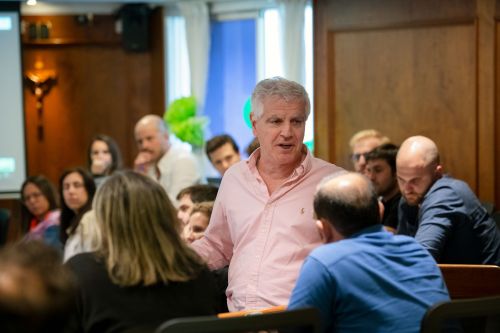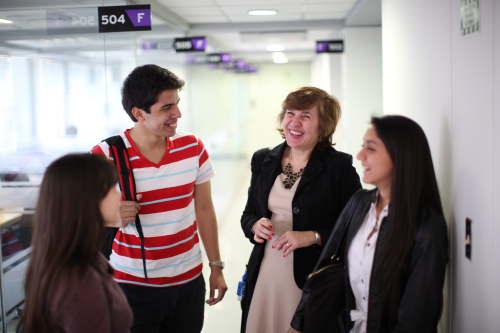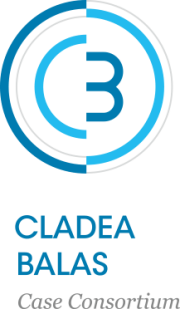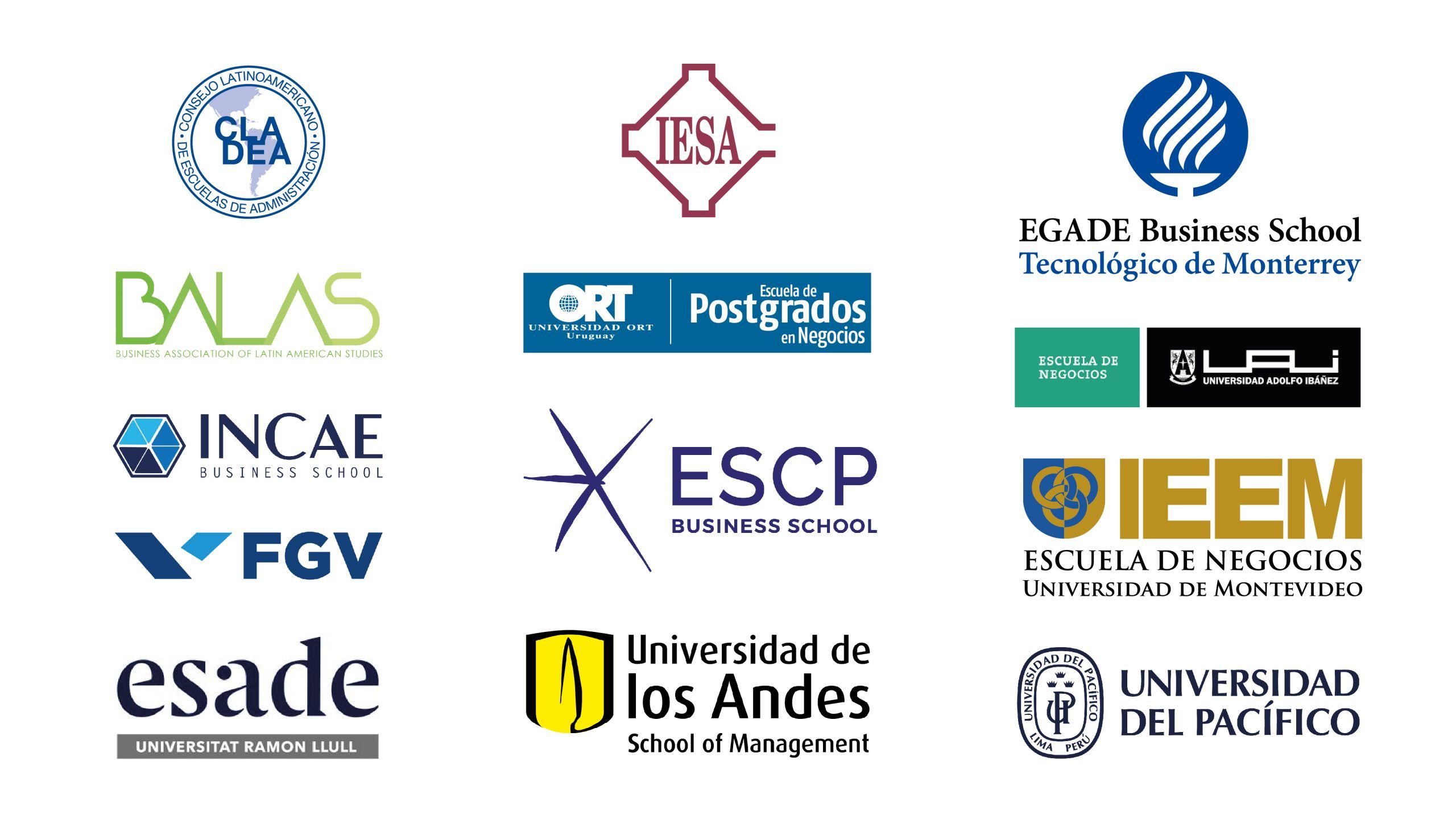
Mission and purpose

Why a collection of pedagogical cases in Ibero-America?
The need for quality teaching material that is rooted in the reality of Ibero-America is widely acknowledged. The experiences of organizations and companies from developed regions are not always applicable to the contexts of our students. Therefore, the need for teaching cases from management and business schools in Latin America and Spain is especially pressing, given that the teaching case methodology is central to management education internationally. This is not to say that relevant cases have not been produced: there have indeed been isolated efforts in this direction for some time. Rather, the issue is that in the absence of a collection of critical mass, and of distribution channels with global reach, the supply of cases has not met with demand. The gap in supply has discouraged production (why write cases that will not be used outside my organization?), which has further exacerbated the situation.
Quality cases from Ibero-America the world over
In response to this situation, the CLADEA-BALAS Case Consortium (CBCC) was created. Our goal is to form a collection of high quality cases, which primarily promote discussion of the dilemmas faced by our institutions, and which come from student training schools in Latin America and Spain. Due to our robust quality control standards, which include a double blind review process with international standards, our cases have access to be published and distributed globally through two of the most important channels of pedagogical cases internationally: Harvard Business Publishing (HBP) and The Case Centre.
The CBCC is governed by an editorial board which includes a representative from each school in the consortium, a representative from CLADEA and a representative from BALAS. The CBCC is managed by an Editor, elected by the editorial board, who oversees the administration of the collection and is the consortium’s contact with the public, assisted by an Editorial Coordinator.
Our portfolio of reviewers consists of academics with experience as writers and reviewers of teaching cases. Each case is reviewed by two anonymous peer reviewers who are linked to an organization different from that of the case authors. In order to ensure quality of the cases, once approved by the reviewers, the text undergoes a style revision by a professional proofreader and, finally, it is translated before publication. All cases are published both in English nd in another language (Spanish or Portuguese).
TO DOWNLOAD
Do you want to know more or have any questions?
Editorial Coordination
E-mail: [email protected]
Universidad de los Andes, Bogota, Colombia

